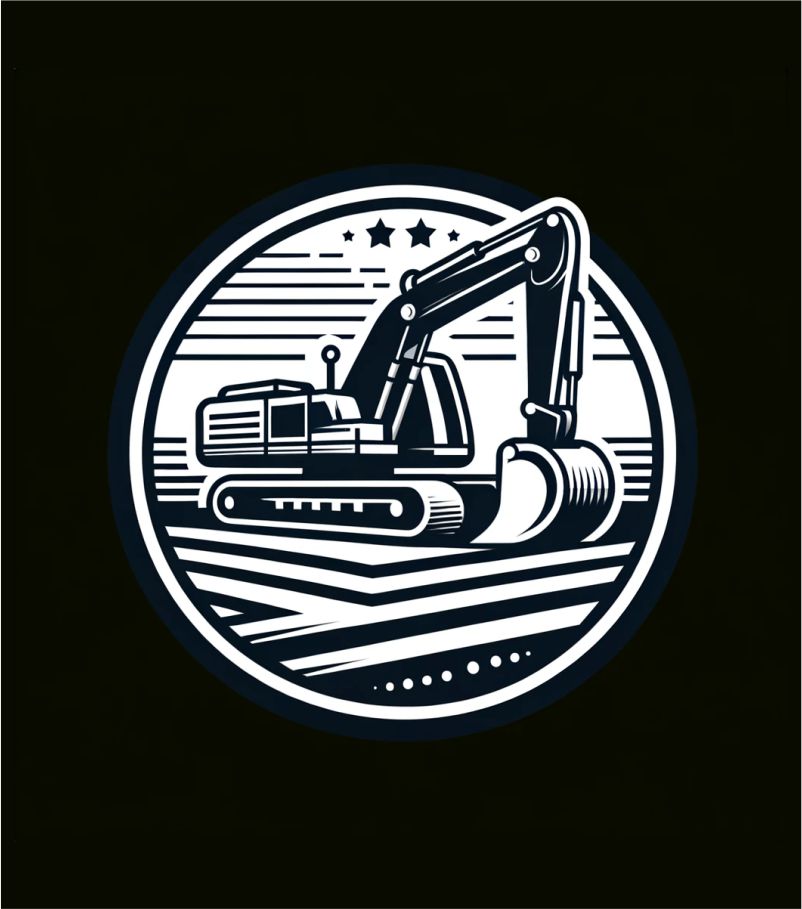
SAFETY
TRENCHING & EXCAVATING SAFETY
Trenching and excavating are among the most hazardous operations in the construction and utility sectors, posing significant risks due to cave-ins, falls, and encounters with underground utilities. A Trenching and Excavating Safety Certification is designed to educate participants on the best practices, safety measures, and regulations necessary to minimize these risks. This certification offers numerous benefits, not only enhancing the safety and efficiency of operations but also ensuring compliance with legal and regulatory requirements. Here are several key advantages of obtaining this certification:
Improved Safety and Risk Management
The foremost benefit of trenching and excavating safety certification is the substantial improvement in workplace safety. The certification covers critical areas such as hazard identification, proper use of protective systems, and emergency response procedures. With this knowledge, certified individuals can significantly reduce the likelihood of accidents and injuries related to trenching and excavating activities. By understanding the mechanics of soil and recognizing the early signs of potential cave-ins, workers can employ preventive measures to safeguard themselves and their colleagues.
Compliance with OSHA Regulations
In many jurisdictions, including the United States, adherence to the Occupational Safety and Health Administration (OSHA) standards for trenching and excavating is mandatory. These regulations are stringent, reflecting the high risks associated with these activities. Trenching and Excavating Safety Certification ensures that workers and supervisors are well-versed in these regulations, promoting compliance and helping to avoid legal issues, fines, and potential stoppages of work due to regulatory violations.
Enhanced Operational Efficiency
Educated workers are efficient workers. With the knowledge and skills gained from trenching and excavating safety certification, teams can plan and execute projects more efficiently. This includes selecting appropriate protective systems, understanding the most effective methods for soil analysis, and employing the safest techniques for excavation. Such efficiency not only speeds up project timelines but also minimizes downtime caused by accidents or regulatory inspections.
Building a Culture of Safety
Organizations that prioritize safety certifications such as the Trenching and Excavating Safety Certification contribute to building a strong culture of safety within their workforce. This culture fosters an environment where safety is everyone’s responsibility, encouraging workers to look out for one another and proactively address hazards. A strong safety culture not only reduces accidents but also enhances overall morale and job satisfaction among employees, as they feel valued and protected by their employer.
In conclusion, the benefits of trenching and excavating safety certification are extensive and impactful. They range from enhancing personal safety and legal compliance to contributing to operational efficiency and professional development. For organizations, the investment in safety certification signifies a commitment to the well-being of their employees and the success of their projects, while also fostering a culture of safety that benefits everyone involved.
CERTIFICATIONS & ACCREDITATIONS
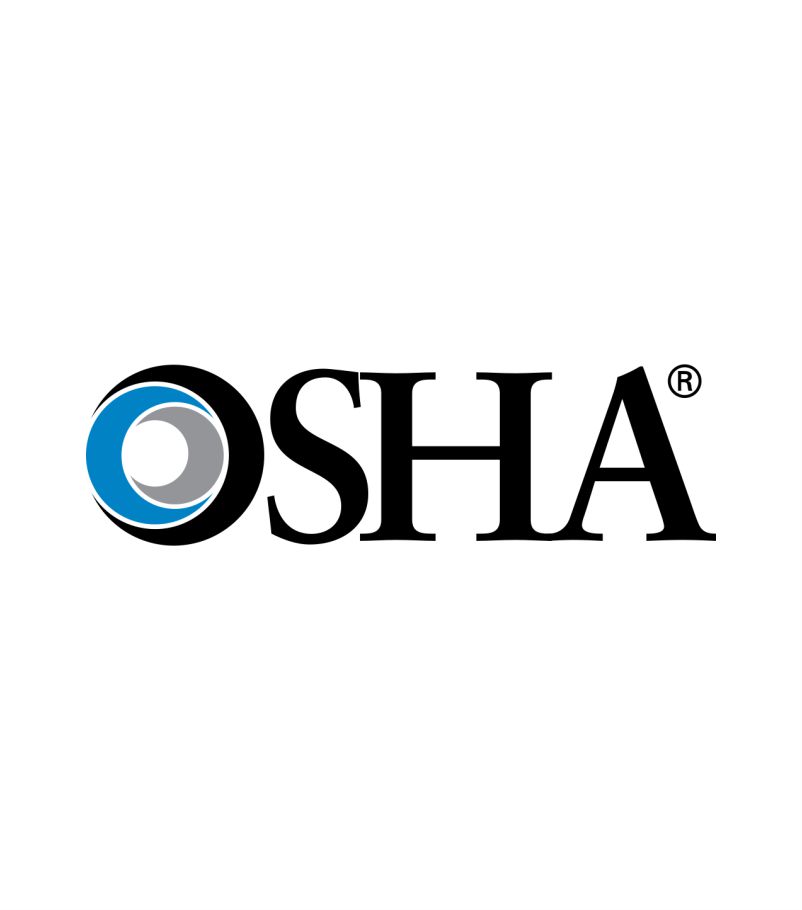
OSHA CERTIFICATIONS
All Bottomland staff have OSHA 10 Training and all managers have OSHA 510 Training in order to provide our clients with the most qualified and trained staff to meet their needs effectively, efficiently, and safely. OSHA training offers a multitude of benefits, paramount among them being the significant enhancement of workplace safety and health. By equipping employees with the knowledge and skills to identify, reduce, and prevent job-related hazards, it not only minimizes the risk of accidents and injuries but also fosters a culture of safety that extends beyond the individual to the entire organization. This training ensures compliance with federal regulations, reducing legal liabilities and potentially costly fines for employers. Moreover, it boosts employee morale and productivity by demonstrating a commitment to their well-being. Ultimately, OSHA training is an investment in a safer, more efficient, and more responsible workplace.
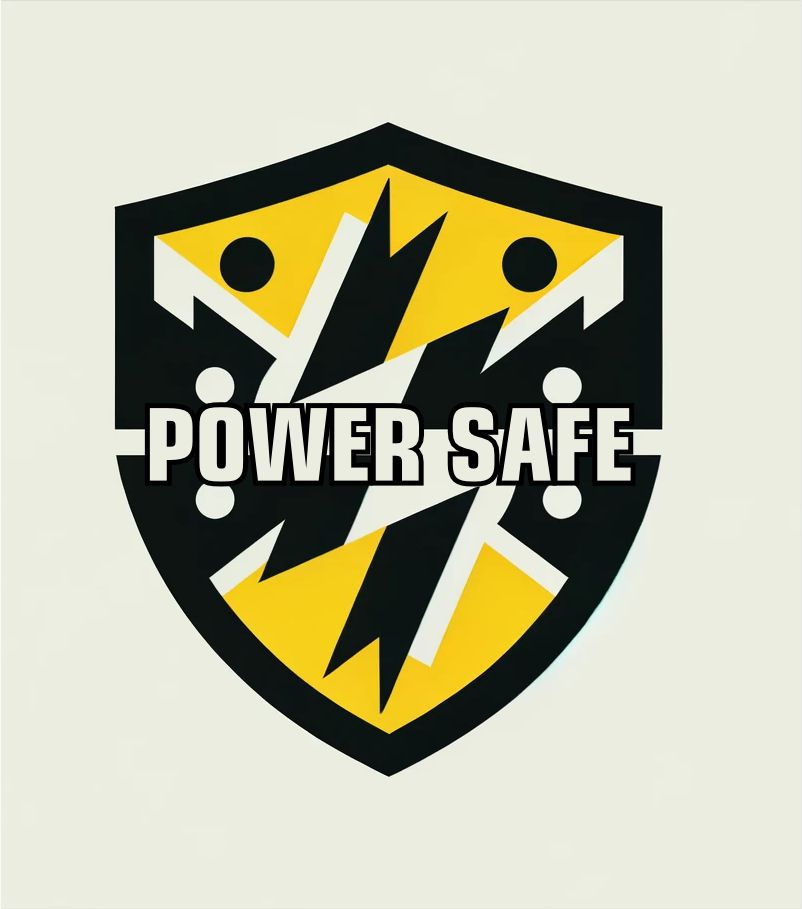
POWER SAFE CERTIFIED
The Power Safe program, often implemented across various industries, including construction, manufacturing, and utility sectors, is designed to promote safety best practices, awareness, and compliance when working with or around electrical equipment and high-voltage power sources. This program typically encompasses training sessions, safety protocols, and continuous education to minimize the risks associated with electrical work.

CONFINED SPACE TRAINING
Confined space training is essential for workers who operate in environments that are not designed for continuous occupancy and have limited entry or exit points, such as tanks, silos, pits, manholes, and tunnels. These environments often present unique and potentially hazardous conditions that can pose serious risks to health and safety. Confined space training equips workers, supervisors, and rescue personnel with the knowledge and skills necessary to safely enter, work in, and exit these spaces.

TRENCHING AND EXCAVATION SAFETY CERTIFICATION
Trenching and excavating are among the most hazardous operations in the construction and utility sectors, posing significant risks due to cave-ins, falls, and encounters with underground utilities. A Trenching and Excavating Safety Certification is designed to educate participants on the best practices, safety measures, and regulations necessary to minimize these risks. This certification offers numerous benefits, not only enhancing the safety and efficiency of operations but also ensuring compliance with legal and regulatory requirements.
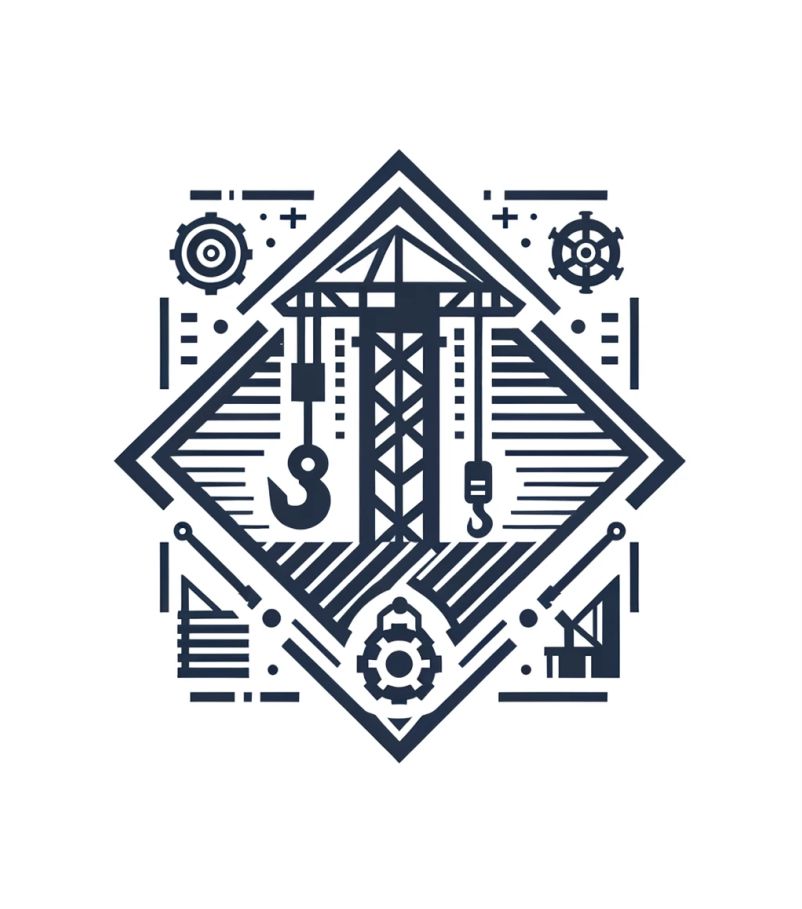
CRANE AND RIGGING SAFETY CERTIFICATION
Crane and rigging operations are critical components of many construction, manufacturing, and maritime projects, involving the lifting and moving of heavy loads. Given the inherent risks associated with these activities, including the potential for catastrophic accidents resulting in injury or death, crane and rigging safety certification is vital. This certification provides workers and supervisors with the knowledge and skills necessary to perform operations safely and efficiently.
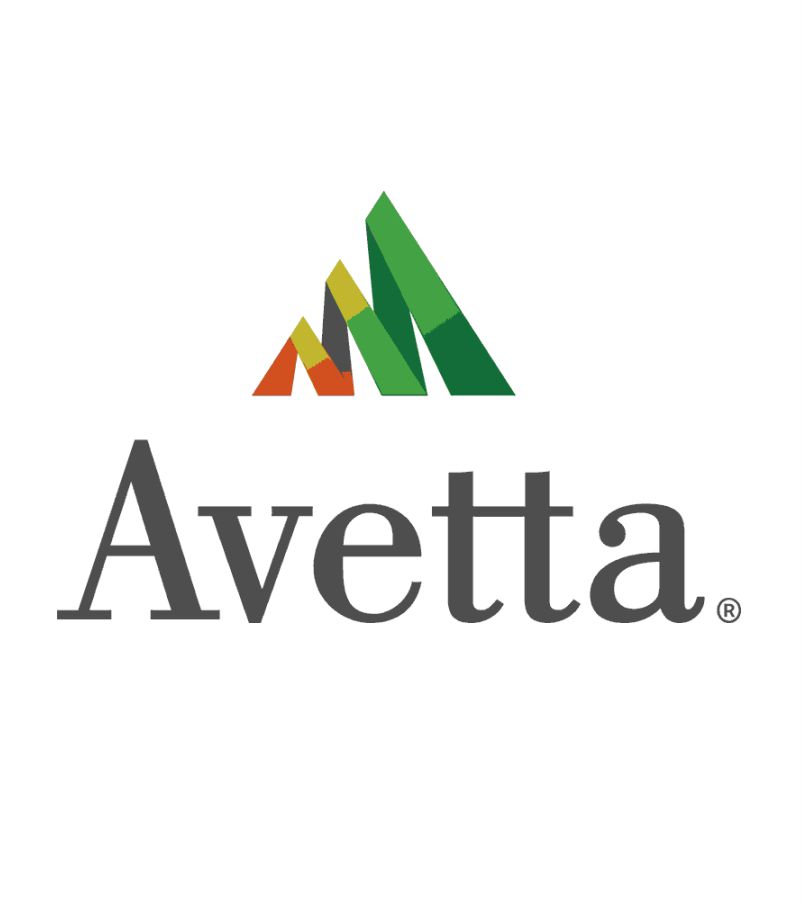
AVETTA ACCREDITATION
Avetta certification represents a significant achievement for businesses operating in various industries, particularly those involved in construction, manufacturing, energy, and supply chain operations. Avetta is a supply chain risk management service that evaluates companies on their health, safety, environmental, and quality (HSEQ) procedures, ensuring they meet specific standards and regulations. Being Avetta certified offers several benefits that can enhance a company's reputation, operational efficiency, and competitive edge.
